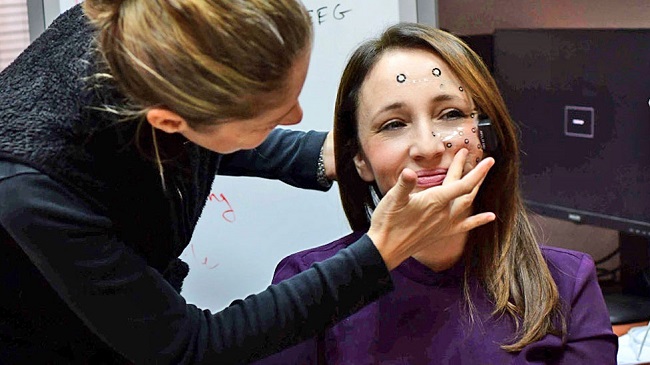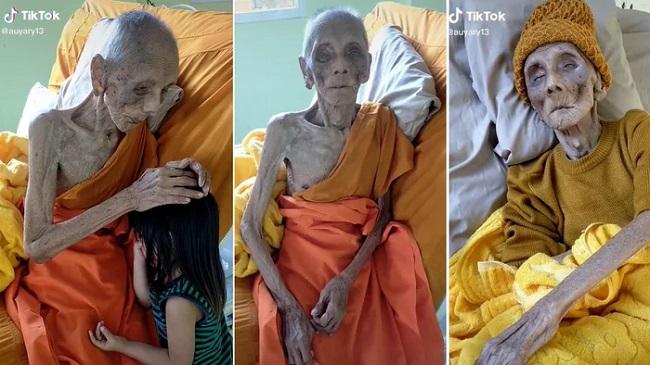Do you think a person’s metabolism can never change? The process through which nutrients in meals are transformed into energy in the body is called metabolism.
Energy for cellular functions is derived from the metabolism of macronutrients in the diet.
In the course of the metabolic process, macronutrients are transformed into chemicals that cells can employ for growth and reproduction and into organic waste.
The coordinated management of metabolic pathways prevents cells from manufacturing an ineffective substance even though it is readily available.

Making fatty acids and then destroying them at the same time is metabolically inefficient, just as it is inefficient to build walls then tear them down. One’s basal metabolic rate is accurate and remains constant over time.
A Definition of Metabolism
All the chemical processes that keep cells and organisms alive are collectively referred to as metabolism.
Nutrition and the availability of nutrients play an important role in metabolism. The creation of energy is an essential part of the metabolic process.
The biochemical and metabolic processes by which a cell generates its own energy are collectively referred to as “bioenergetics.”
Metabolic health begins with proper nutrition. Nutrients are broken down by metabolic processes to generate energy.
The body needs this power to create compounds like proteins and nucleic acids from scratch (DNA, RNA).
Conclusion
All living things share fundamental chemical processes at the cellular level of organisation. All living things share a set of universal processes.
Even when there are differences, as the production of antibodies by particular moulds, they are merely variants on those basic mechanisms.
Proteins are the building blocks of all living things; they give structural support and coordinate movement, store and transport tiny molecules.
And act as catalysts that speed up and direct chemical processes at mild temperatures, low concentrations, and neutral pH. (i.e., neither acidic nor basic).


















































